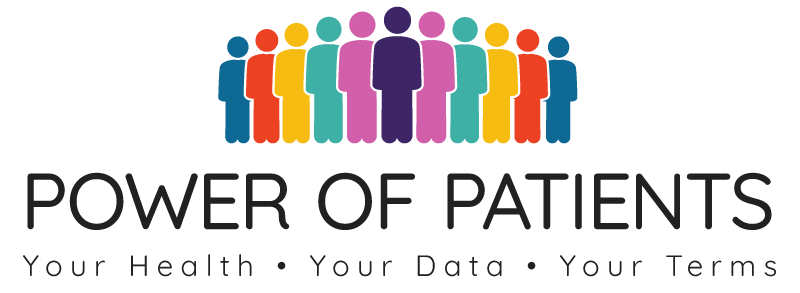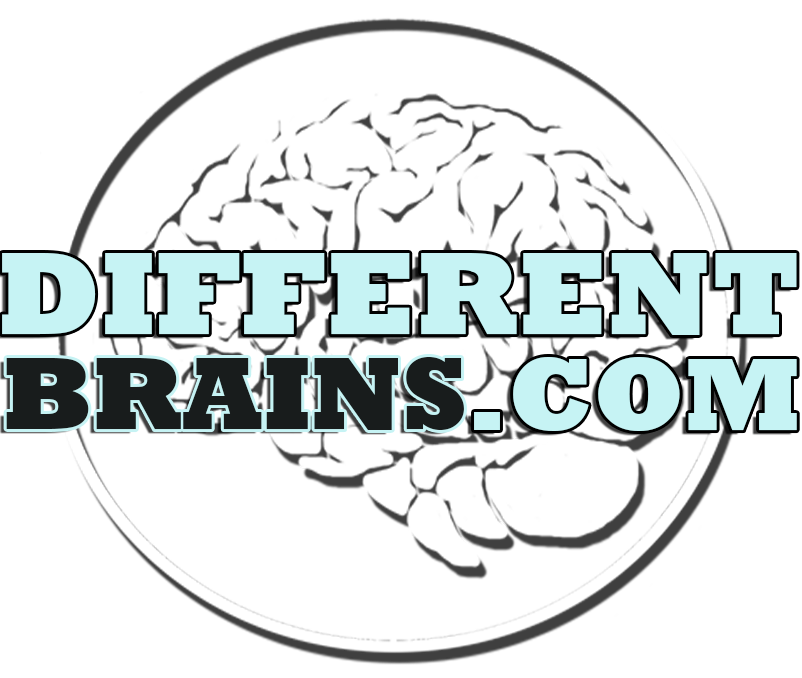New Resiliency Methods
Take the basics…. Start from curiosity and grow… basic things…
Try activities of daily living.
Its about doing an asset-based needs/deficits evaluation.
Develop curiosity and resilience together…
Unease about rehab….
Professionals need to have some training to manage the rhetoric after the most basic stages…
Summary of Points
There are two characteristics in particular that hit very hard at survivors: depression and anxiety.
These two will be tackled together thanks to WEB MD.
The main antidotes for these symptoms are:
- Exercise
- Diet
- Meditation, and
- Relaxation by breathing
Some effort needs to be undertaken to address these antidotes to the survivor’s symptoms. The survivor needs to be organized and set some new goals in these areas. This goal setting should always be done with something meaningful to them. This may not be an easy task though, depending on the survivor’s background and present abilities/deficits. Be patient and help them work through it though – some of these moments can be real turning points for the survivor as they develop a framework for accomplishing goals post accident.
Exercise
Cardio is at the core of generating new neurons. Remember there are many ways to get cardio. Balance can also be a factor in that perhaps the cardio of choice is unavailable to the survivor at the moment. Circuit training is a way to get cardio also. All but the most severely injured can participate in some form of cardio; this needs to be more generally promoted in the rehabilitation industry.
Not to totally dismiss strength training – it also provides many added benefits such as attention, concentration, memory and planning.
Diet
Having a well-balanced diet is key. The important thing is to get into the correct habits initially. Have the survivor relax and take pride in their cooking and the reward of eating after. To relax and see this as a therapeutic part of their existence. Indeed cooking is often used as a method for teaching the survivor transferable skills like multi-tasking and following directions.
This is a large factor and there will be many variables in the working out of this aspect of the survivor’s existence.
Meditation
This concept is more often called ‘mindfulness’ in the brain injury context these days. You are all aware of the impact that this is said to have on a survivor. I am here living proof of its effectiveness. I would sit for hours on end and just mull things over in my own space. Choosing not to be anxious about things that were not in my control.
Relaxation by Breathing
This idea has made its way into our culture when we say ‘take a deep breath’.
There are methods for this involving measured breathing of some sort – for both inhaling and exhaling.
During the beginning of the covid crisis there was an ad on the radio here for stress reduction techniques with these sort of methods.
These beneficial practices are not the focus of this presentation and so I will leave them to you to follow up on.
—
There are a number of other areas of interest to a positive outcome for the survivor. These include the self-worth or status, dignity, emotions, drive, purpose, bitterness and forgiveness. These areas are only well known in parts of existence for the survivor. The professional is frequently too busy to focus on any of these items as they are worried about the money in my opinion.
These factors can further be divided into general groups of internal and external. The internal ones are how the survivor sees themselves when there are no pressures. The identity if you will – this will be confused at first as they are very lost themselves and likely have a self-awareness difficulty.
The external ones are those that shape the persons interactions with the outside world. Bitterness is one of these items which can go in both categories. It needs to be dealt with at each stage of the way as new realities become apparent. One needs to relax and take it in stride as much as possible. Forgiveness is another dual member factor. These two things will eat you up internally if you do not deal with them effectively.
‘Brain Fog’ is a newer term in brain injury that needs to be followed up on in detail here. It is a term which applies when the person is in a state of anxiety and panic. This is not a helpful term at all and only gives another reason for the professionals to relegate the survivor to a position where they are not taken seriously at all. Perhaps you have used this term amid a busy time for the survivor. As the survivor learns to cope with their new cognitive reality, no matter how transient, there will be a part of their journey where this may apply as they are still learning to cope with their new brain. This is not a helpful term; it signifies only that the survivor is too busy, needs to relax and not be worried any more about possible longer term eventualities.





